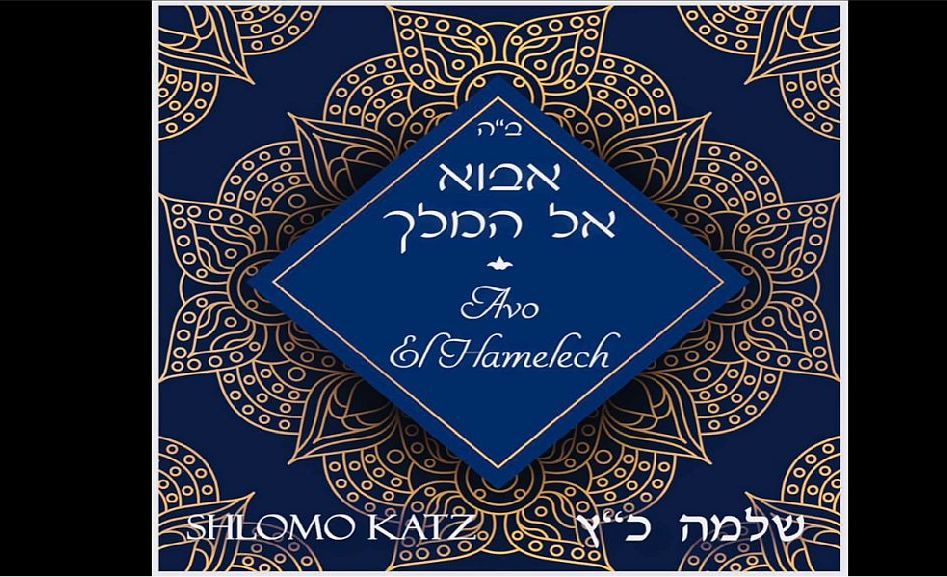
David Dome: Becoming a Person
One who resists temptation despite being under the influences of a powerful desire is preparing himself to be purified in stages. He becomes a human being.

Editor’s note: David Dome is a very special musician and songwriter from the UK. Look where his thoughts are:
If we look hard enough, we can all find ourselves in Rebbe Nachman’s writings.
 As you know my name is David Dome (photo, right). In Hebrew the "e" at the end isn't required so I'm David Dom. The funny thing is my middle name has an initial A, so I'm David A. Dom, like the Ambulance service in Israel. Yes, they all had a good laugh at the kibbutz when I arrived and filled in the forms.
As you know my name is David Dome (photo, right). In Hebrew the "e" at the end isn't required so I'm David Dom. The funny thing is my middle name has an initial A, so I'm David A. Dom, like the Ambulance service in Israel. Yes, they all had a good laugh at the kibbutz when I arrived and filled in the forms. David A Dom! Yeah, yeah very funny!
So what does the name Dom mean? Well, it consists of two letters, a dalet and a mem. The only thing that makes any sense of these letters is the vowel" oh" (the chotem).
Dohm means to be still or silent. Interestingly if the vowel is an "ah" (patach) it becomes Dahm , blood, two very different outcomes. The first is silence, for example in the face of insult or hardship, to be still.
The second is quite the opposite. After all, it's the blood that gets us going. It makes us react. It represents physicality. In this case one would become angered in the face of insult and hardship.
Rebbe Nachman of Breslev teaches in Likutei Mohoran I:6 that a person must minimize his own kavod (prestige, or honor) ," for anyone who pursues honor does not attain kavod Elokim (God's Glory ) but kavod melachim ( glory of kings). In the latter case the world will take notice of him and look closely to see if he is deserving of such honor. Once they see through the cracks they will oppose him and say that he is not deserving of such honor.
Sounds familiar, doesn't it?
The way to gain "kavod Elokim" is through Teshuva , as Rebbe Nachman says, " the essence of repentance is that when a person hears himself being insulted , he remains quiet and silent."
The word "Eheyeh" means "I am prepared to be". Rebbe Nachman links this word with repentance ie before a person repents it's as if he has no "being". He's in the middle of a yetzer attack, he might feel quite distant and alone. Once he purifies himself he enters the world after having "prepared to be ". This when he has "being".
The Rebbe then links the word to "wait" (katar) to Keter (Crown) implying that when one has "waited" for the desire to sin to pass, the forces of impurity leave him. During this time he might find that he is far from holiness and prayer, yet as the forces of impurity leave him, he is preparing to make teshuva. Keter is a very high spiritual place. So, waiting or being still in the midst of the yetzer attack enables heavenly assistance from a very high place indeed.
"Waiting" here implies a resistance to committing the transgression. One who sins does not wait. One who resists despite being under the influences of a powerful desire is preparing himself to be purified slowly and in stages, to re enter a state of "being".
So what has this got to do with my name?
Before repentance, Eheyeh (preparing to be) is not discerned.
A person feels far away, in his own mind, from Hashem . The gematria of Eheyeh according to the "achoraim" method is numerically equivalent to the word "Dam" or "blood".
This is the blood of the yetzer hara which is said to reside in the left side of the heart. This is the blood that fuels the desire to sin .This is when we must learn to "wait" and not run to sin.
So, Dahm (the blood of the left side/yetzer hara ) will give rise to kavod melachim, the honor of kings.
Dohm , silence , has the same letters . The vowels, however, hold the key.
The patach, which is the "uh" sounding vowel, sits under the word. It makes the letters Dalet and Mem mean blood.
If one wants the honor of this world, fame, adulation etc. he will run very fast to get it. He will be given the world with all its apparent delights until they rear up behind him and becomes the cause of his downfall, as the world looks and judges him to see if he is worthy of such adoration. This is a low status .The vowel that makes the word mean blood is from a low place. Still, Hashem will lead a person according to his/her desire.
The holem or the "oh" sound is above the word. It makes the letters Dalet and Mem mean "silence" and "stillness"….waiting.
The holem is a dot that sits up in the air. From the perspective of the Dalet and Mem , it's up in the Heavens. If one's desire is for Hashem , to elevate him or herself , Hashem will lead a person according to his/her desire.
You can see where this is going.
When we strive for a God connection, the world and it's "delights" are no longer the tools required for the job. Silence and stillness are. A God connection is yearned for, not the worldly pleasures.
With silence and stillness in the face of sin and impurity, the "bad blood" from the left side of the heart loses its potency. The evil inclination simply dies .It becomes like a sacrifice on our own internal altar.
Hashem accepts this sacrifice as it says , "whoever brings a sacrifice of thanksgiving honors me"(Psalms 50:23).
We literally return our hearts to Hashem. This is Teshuva.
So, when we remain silent in the face of insult, hardship and temptation we are slaughtering the evil inclination .We are "quiet before God". We turn away from the honor of this world and we prepare ourselves for the honor of Hashem and the World To Come.
We "prepare to be"( b'ezrat Hashem !). L’shana Tova – Happy New Year!!












Tell us what you think!
Thank you for your comment!
It will be published after approval by the Editor.